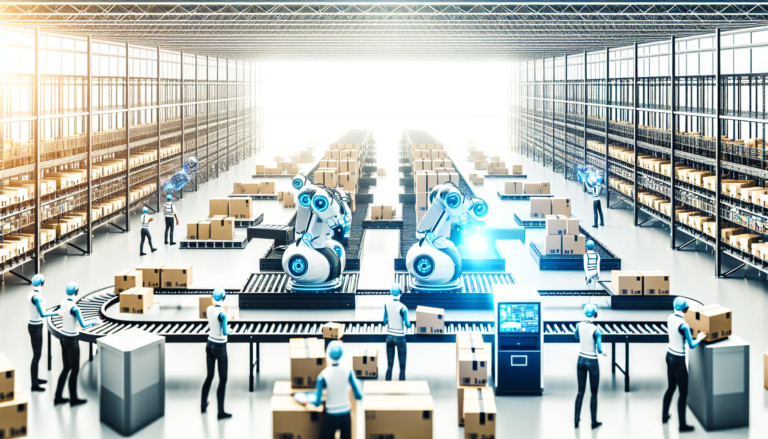Evolving E-commerce Landscapes: The Need for Modern ERP Systems
As the global pandemic-pushed e-commerce from plan B straight to plan A for most companies, businesses are waking up to the complexities involved in online sales operations. Managing online orders, tracking inventories, automating supply chains, fulfilling orders, warehouse management, and even demand planning – they all seem to have become gigantic tasks overnight. A modern ERP (Enterprise Resource Planning) system seems to be the need of the hour for most multi-channel e-commerce organizations.
But why do we need it? Let’s delve deeper into this.
The Necessity for an ERP System in E-commerce
In the ever-expanding ecosystem of e-commerce, businesses are riding high on the digitization wave, but not without their own set of challenges. As companies expand across multiple channels, there is an urgent need to streamline operations, combat inaccuracies in orders, rectify miscalculations in supply and demand and gain real-time visibility into inventory levels. A robust ERP system, such as Kentro, can be the answer!
E-Commerce ERP solutions like Kentro.io offer a unique blend of solutions like multi-channel order management, real-time inventory tracking and supply chain automation, uniquely designed to tackle obstacles standing in the way of growth.
The Benefits of Utilizing an ERP System
ERP systems are not just about automating time-consuming processes, they have far-reaching impacts on the overall performance and profitability of an e-commerce business. Here’s how:
- Multi-Channel Order Management: ERP systems effectively manage all your orders across channels while eliminating manual errors, saving time and ensuring customer satisfaction.
- Real-Time Inventory Tracking: Keeping tabs on stock levels and on-hand inventory is no mean feat. A real-time view of your inventory across all channels and warehouses helps in maintaining an optimal inventory level.
- Order Fulfillment: Ensuring accurate and timely order fulfillment is the key to customer satisfaction. An ERP solution ensures the process of picking, packing and shipping is smooth and error-free.
- Warehouse Management: Correct picking and placement of stock ensures better space utilization and boosts order fulfillment rates.
- Forecasting and Demand Planning: With the help of the data gathered, businesses can effectively predict buying trends and plan accordingly. This is especially handy during peak sales seasons.
- Accounting Automation: Automating accounting processes leads to minimised human error, time savings and improved financial management.
B2B Online Stores – The Future of E-commerce?
Another noteworthy trend reshaping the e-commerce industry is the rise of the B2B marketplaces. Businesses are increasingly leaning towards creating online stores solely for B2B customers. This wholesale self-checkout process offers a seamless buying experience for businesses which could be the biggest game-changer of all.
Kentro, with its built-in B2B online store, leads the pack in this trend. This innovative feature allows for smooth transactions and trouble-free management of the B2B buying process.
Conclusion
Navigating the e-commerce terrain can be daunting with its ever-increasing complexities, however, with the right ERP system in place, businesses can conquer these challenges effectively. An ERP system like Kentro.io can be the edge that e-commerce businesses need today for streamlined operations, improved customer satisfaction, and overall business growth.


